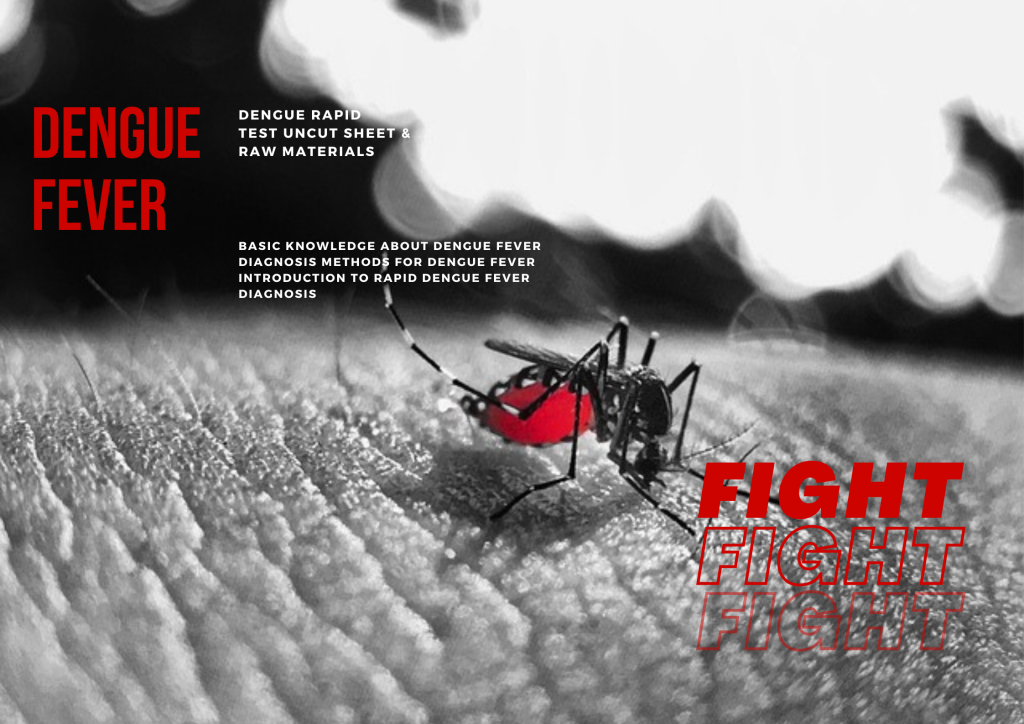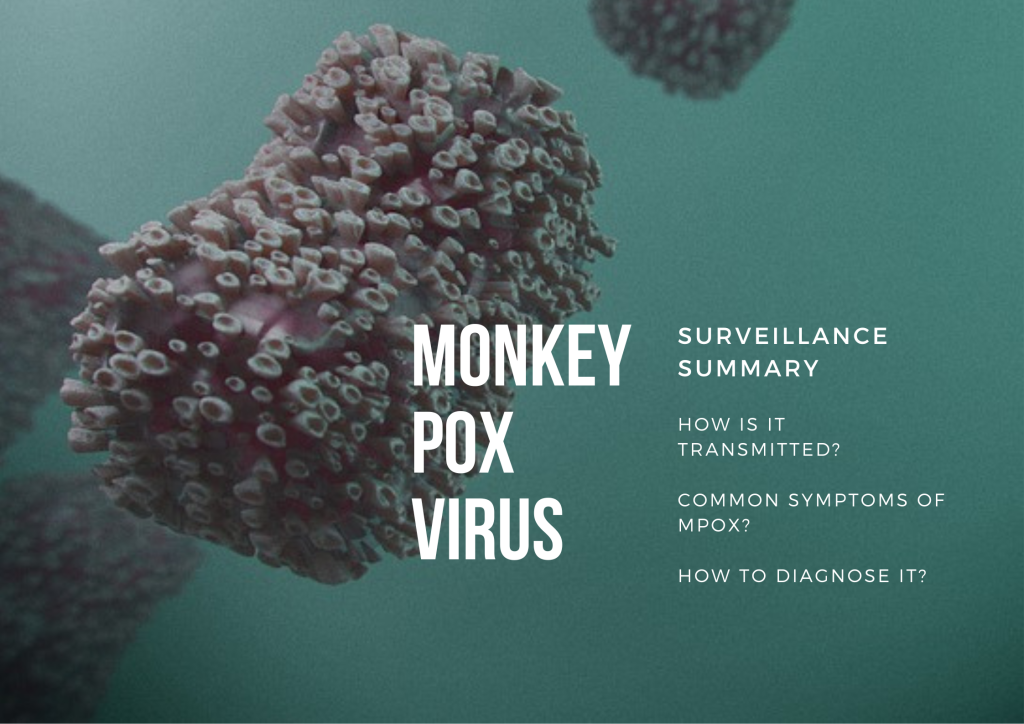Understanding of hepatitis E Hepatitis E is one of the most important viral hepatitis in the world. It is an acute infectious disease caused by hepatitis E virus (HEV), mainly affecting the liver. Viral hepatitis E was formerly known as enterally transmitted non-a, non-B hepatitis. In 1983, Balayan et al. Detected virus particles with a […]
Hepatitis C is an inflammatory liver disease caused by hepatitis C virus Hepatitis C virus, HCV infection, which can lead to chronic inflammation, necrosis and fibrosis of the liver.
HIV is no longer a fatal terminal disease, but a manageable chronic disease. Correcting these misconceptions is essential for eliminating misunderstandings about HIV
Plasmodium, the source of malaria, is an ancient inhabitant of the Earth’s history, with traces dating back as far as 300 million years, long before the faltering start of human civilization. Among the dust-laden fossils, time imprints dating back about 300 million years have revealed for the first time the secret connection between malaria parasites […]
The summer solstice has passed, the weather is getting hotter and hotter, and the mosquitoes will slowly spread. The epidemic season of dengue is from May to November every year, and the epidemic peak is from July to September. We should not only face the heat, but also be alert to the health risks caused […]
“Accelerating the fight against malaria for a more equitable world”
HP’s discovery Helicobacter pylori (Hp) was discovered by Australian scientists Barry J. Marshall and J. Robin Warren in 1982. They observed a curved gram-negative Bacillus in a biopsy specimen of gastric mucosa and successfully cultured it. Their subsequent studies confirmed that the bacteria were closely related to gastritis and peptic ulcer. Marshall and Warren’s discovery challenged […]
The series of hepatitis B virus detection products (surface antigen, surface antibody, e antigen, e antibody, core antibody)
Picture source:TB Elimination Champions | World TB Day | TB | CDC Worldwide, World Tuberculosis Day is observed on March 24 each year to raise public awareness of tuberculosis (TB) and encourage the participation of the whole society in the prevention and control of TB. This year marks the 29th World TB Day, with the […]
Antibody testing is currently the primary means of detecting Mycoplasma infections.
Worldwide, patients with rare diseases are faced with three major problems: difficult diagnosis, difficult treatment and difficult security. In order to raise public awareness of Rare diseases and encourage global collaboration and research, the United Nations General Assembly has designated 29 February as International Rare Disease Day since 2009. The theme for 2024 is “Focusing […]
Globally, cancer continues to be a major health challenge. According to the World Health Organization (WHO), the global cancer burden is still increasing, despite some progress in cancer prevention and control. To this end, World Cancer Day 2024, under the theme “Towards a cancer-free Future”, aims to raise public awareness and foster international collaboration and […]
January 30, 2024 marks the sixth World Neglected Tropical Diseases Day. The day aims to draw global attention to tropical diseases and call on governments and international organizations to strengthen their control measures. These neglected diseases occur mainly in tropical and subtropical regions and have a serious impact on the health and livelihood of local […]
Influenza virus is a single negative strand segmented RNA virus, according to its matrix protein (M) and nuclear protein (NP), it can be divided into four subtypes: A, B, C and D. Among them, influenza A and B viruses appear seasonal epidemics every year. At the beginning of the winter of 2023, the number of […]
As the bells of Christmas are ringing, people all over the world are immersed in the festive atmosphere to celebrate this holiday of love and peace. On this special day, through various forms of celebration, people pass on the blessings of relatives and friends and care for the world. On this auspicious holiday season, we […]
In recent years, more and more diseases are rapidly approaching men, and seriously threaten the physical and mental health of men. As the main group of smokers, men should pay more attention to the impact of smoking on men’s health: Smoking will not only cause damage to the lungs (chronic bronchitis, pulmonary embolism, lung cancer, […]
September 28, 2023 marks the 17th World Rabies Day. Rabies is a viral disease caused by the rabies virus, which can be spread through the saliva of sick animals, especially when they try to bite or lick wounds or mucous membranes. What is rabies? Rabies is an infectious disease caused by the rabies virus, which […]
World Contraception Day is celebrated on 26 September every year. World Contraception Day was founded in 2003 by Latin America as the Day for the Protection of Unintended Pregnancy, which has since received positive responses from many countries and was officially named World Contraceptive Day in 2007 by Bayer HealthCare and six international non-governmental organizations […]
Since the start of the school year in September, the number of patients in pediatric hospitals has increased. The number of children with fever symptoms in the past week has been on the rise, causing concern. What viruses and bacteria are at work? Bio-mapper reminder: Autumn is the season of high incidence of infectious diseases, […]
The World Health Organization (WHO) estimates that approximately 71 million people worldwide are infected with the Hepatitis C virus (HCV), with a significant portion of them not receiving timely diagnosis and treatment. HCV infection can lead to diseases such as cirrhosis and liver cancer, posing a significant threat to human health. Currently, the primary method […]
Clostridium difficile infection is a common gastrointestinal infection, primarily caused by Clostridium difficile bacteria. According to data from the World Health Organization, over 500,000 people worldwide are infected with Clostridium difficile annually, and approximately 30,000 of them die. Symptoms of Clostridium difficile infection include diarrhea, abdominal pain, fever, and in severe cases, complications such as […]
Traditional HIV testing methods primarily rely on antibody detection, and these methods have certain limitations. Firstly, traditional testing methods have a longer window period during which HIV antibodies cannot be accurately detected shortly after infection. Secondly, the accuracy of traditional methods can be influenced by the time of antibody production and variations in individual immune […]
Basic Knowledge about Dengue Fever Dengue fever is an acute infectious disease caused by the dengue virus, primarily transmitted to humans through mosquitoes. The dengue virus is mainly spread by Aedes aegypti and Aedes albopictus mosquitoes, which are types of mosquitoes that thrive in stagnant water environments. Therefore, tropical and subtropical regions, especially those with […]
Feline coronavirus (CoV) is a common virus that can cause mild respiratory disease in cats. However, recent studies have shown that feline coronaviruses can also infect humans and cause severe respiratory disease. Currently, feline coronaviruses are spreading throughout the world and are of great concern. In this article, we will describe the current epidemiologic status […]
Monkeypox virus is a viral infection caused by monkeypox virus (MPXV). This virus is spread primarily through contact with infected material and respiratory transmission. Monkeypox virus can cause infection in humans, which is a rare disease that is mainly endemic in Africa. Here is more information about monkeypox virus. Monkeypox prevalence in various countries:Joint ECDC-WHO […]
February 4, 2023, marks the 24th World Cancer Day. It was launched in 2000 by the International Union Against Cancer (UICC) to promote new ways to facilitate collaboration among organizations to accelerate progress in cancer research, prevention and treatment for the benefit of humanity. Globally, the cancer burden is expected to increase by 50% in […]
What exactly is norovirus? Norovirus, which belongs to the family Cupaviridae, is one of the common pathogens that cause acute gastroenteritis. Norovirus has the characteristics of low infectious dose, long detoxification time, and strong resistance in the external environment, which can easily cause gastroenteritis outbreaks in relatively closed environments such as schools and childcare institutions. […]
































